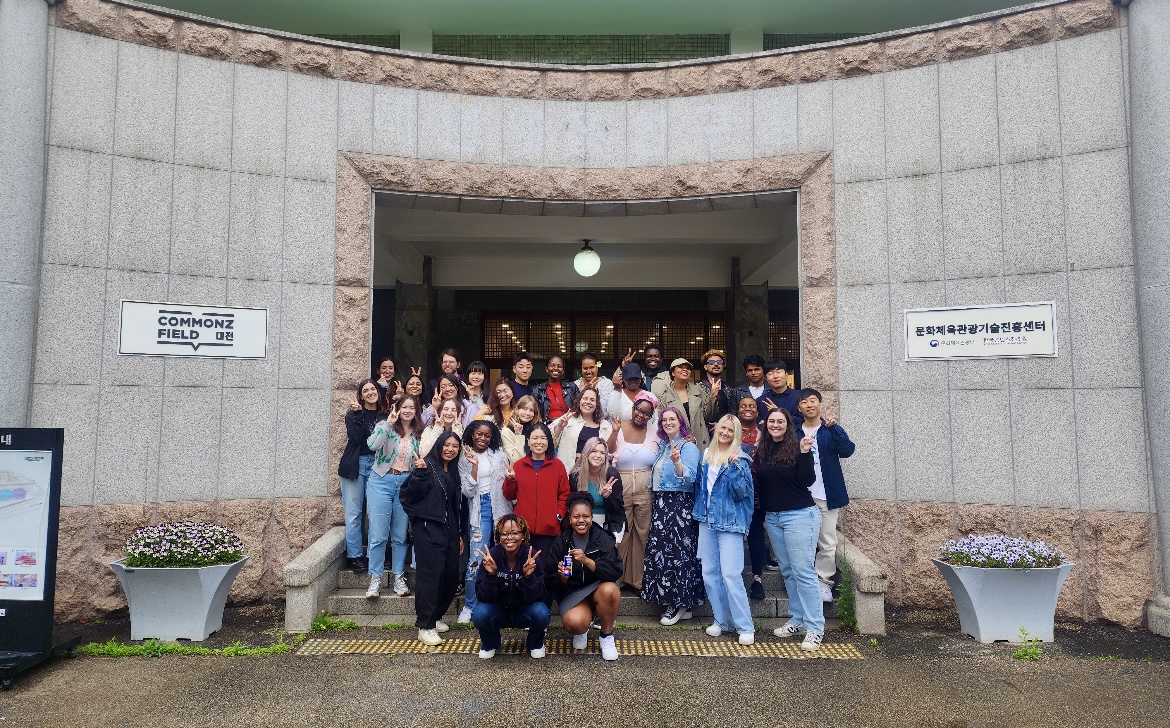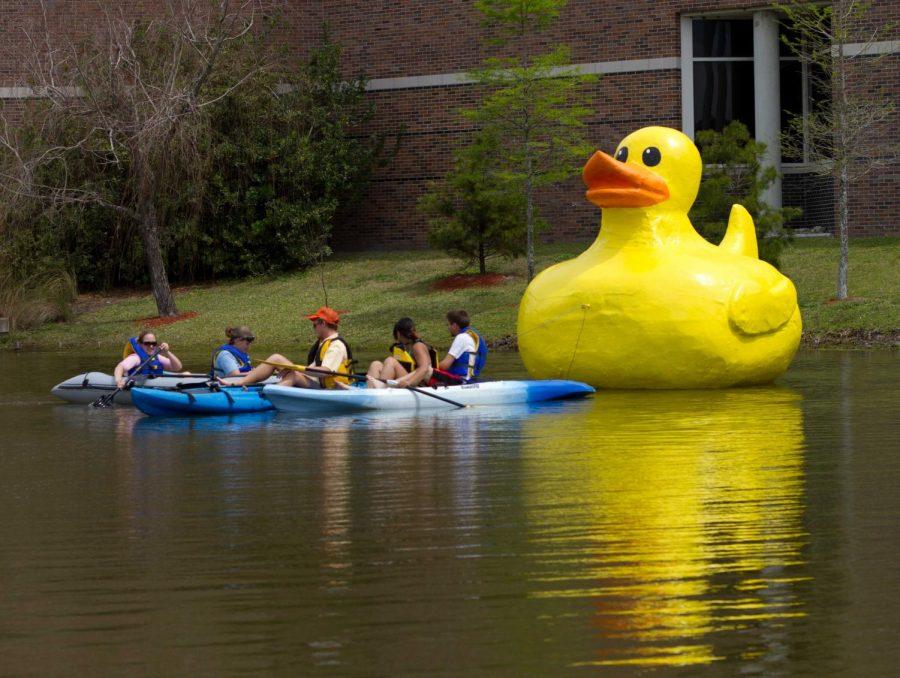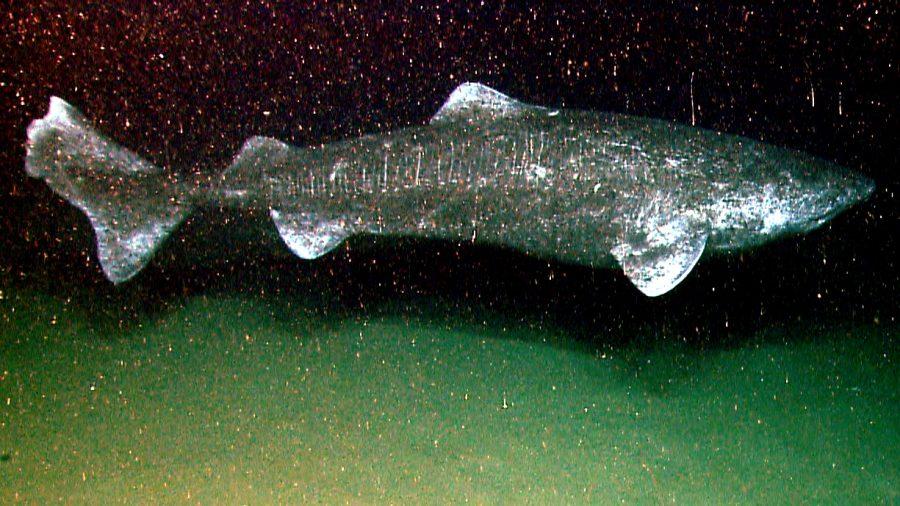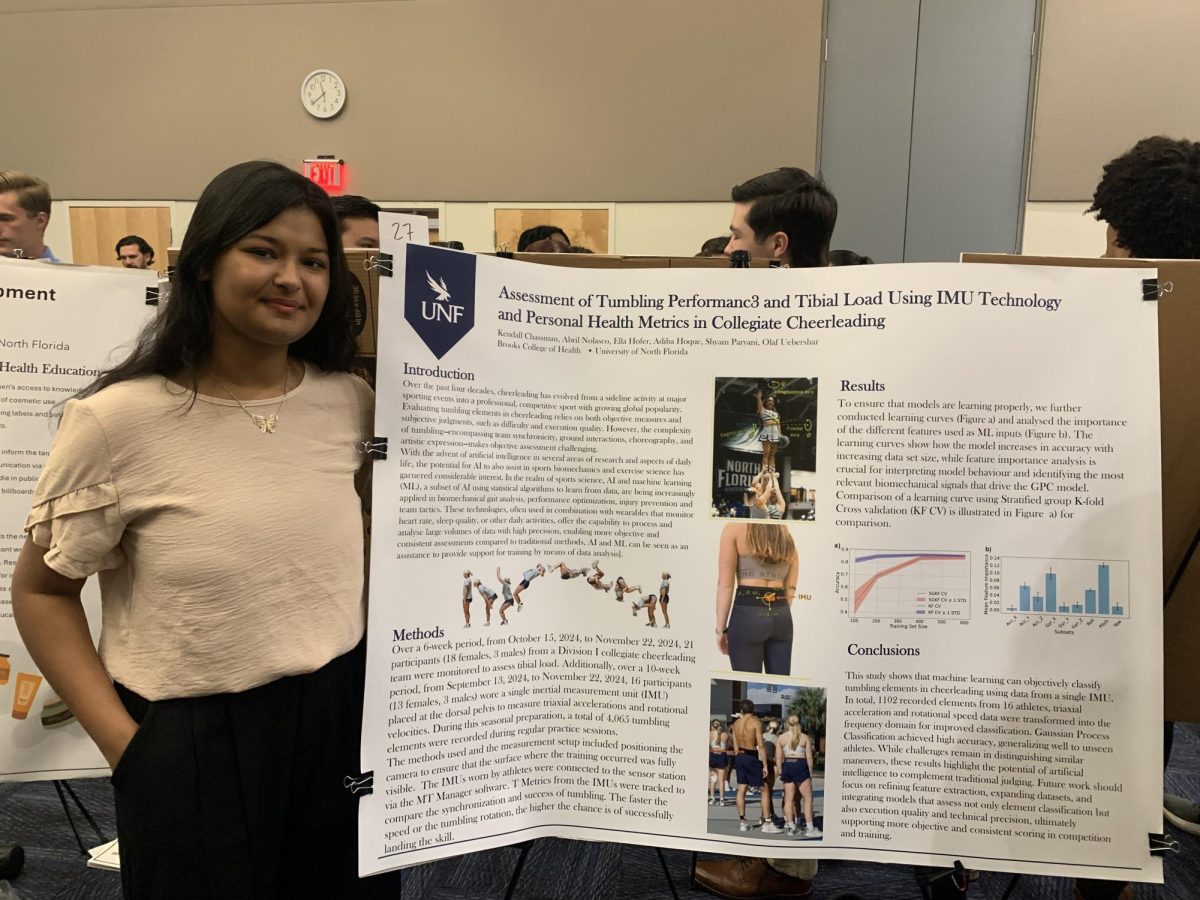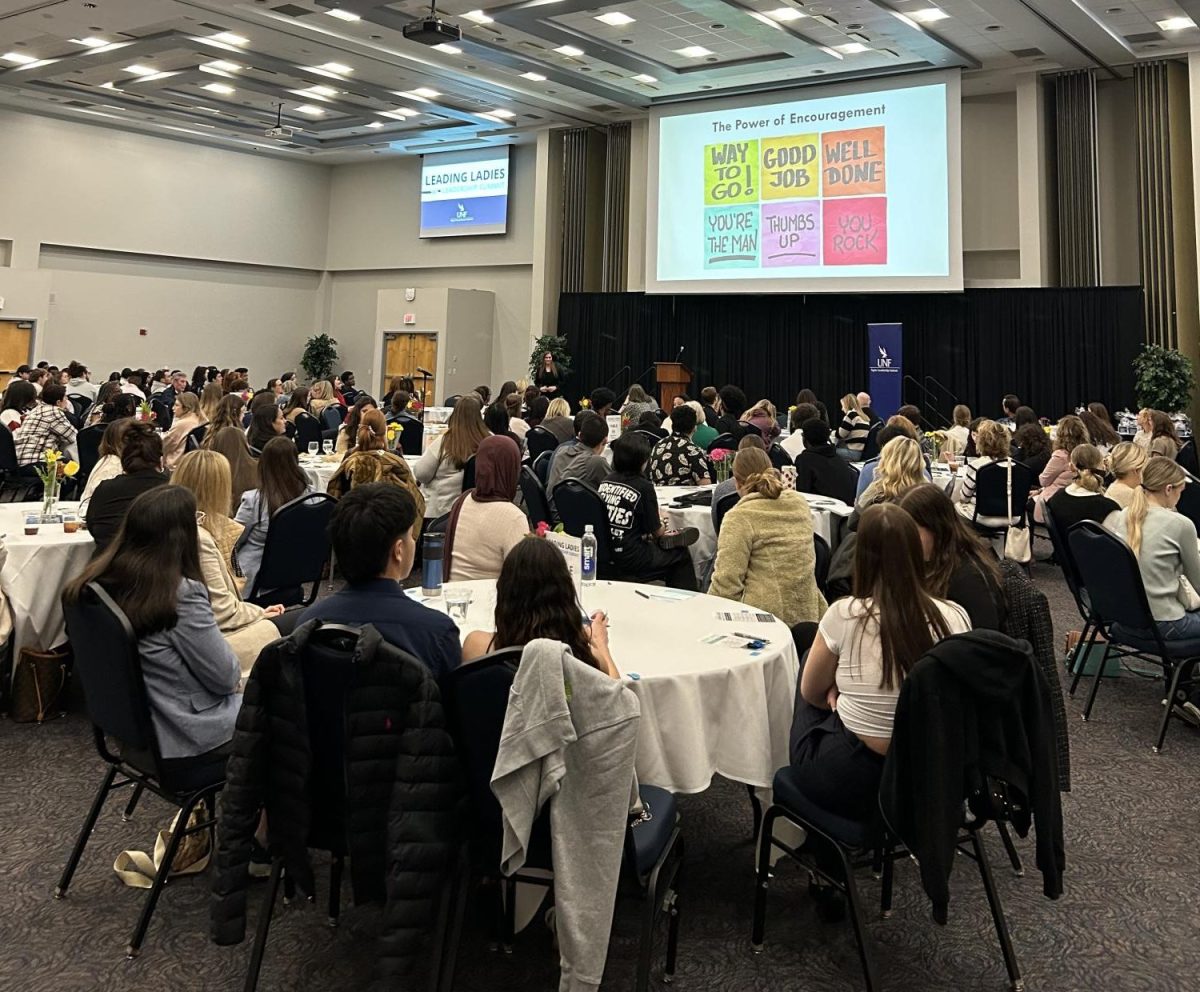The Jacksonville Zoo and Gardens is now home to two more critically endangered Eastern Bongo calves. One calf was born on Dec. 17, 2020, while the other was born later on Jan. 8, 2021.
Both calves are females, and the first offspring of their mothers, Sienna and Shimba. Their father, Mickey, is another bongo located at the zoo.
The two mothers of the calves were born at the Jacksonville Zoo and Gardens in 2018. The zoo has celebrated a total of 20 Eastern Bongo births since 2008, including the newest additions. The father Mickey came to the Zoo in October 2019 from Cape May County Zoo based on breeding recommendations through the Association of Zoos and Aquariums (AZA) Bongo Species Survival Plan (BSSP).
“Our animal care team is very excited with how well the first-time mothers are doing. This is great news for our herd and we look forward to more offspring in the future to enhance conservation efforts for this species,” said Assistant Curator of Mammals at the zoo, Corey Neatrour.
Eastern Bongo are listed as critically endangered by the International Union for Conservation of Nature (IUCN) due to human activities such as deforestation and hunting.
The naming rights for the new calves were auctioned off during the zoo’s Toast to Conservation event. According to the zoo, this is usually an in-person event. However, because of COVID-19, the event took place through a virtual format this year with an online auction.
The first calf born in December was named Sierra. The name for the second calf is still to be determined.
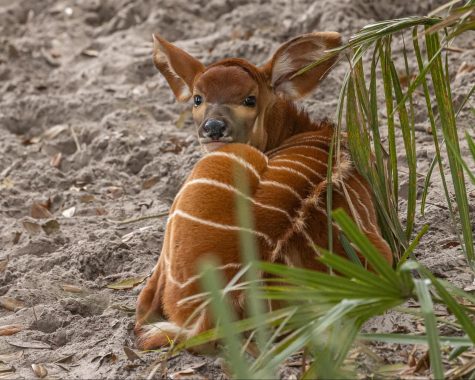
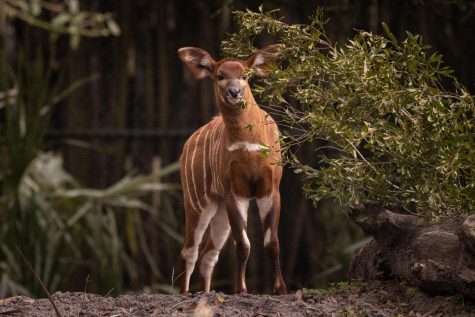
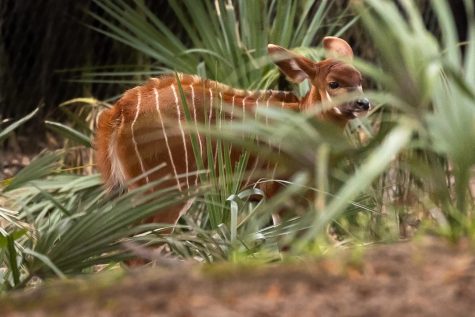
Proceeds from the event benefited the Northern Rangelands Trust and the zoo’s conservation fund, which supports over 45 programs around the world.
The zoo participates in the Bongo Species Survival Plan (BSSP). They work in partnership with other institutions to breed this species to maximize genetic diversity and manage the long-term sustainability of this species.
Will these calves remain at the zoo?
According to the zoo, there is a chance these bongo may move on to live at another zoo when they grow older. For now, they will remain at Jacksonville’s Zoo to continue their growth and achieve their developmental milestones.
You can visit the bongo along the Africa boardwalk in a mixed species habitat with another antelope species, the Yellow-Backed Duiker.
“Bongos have magnificent features. They are the largest African forest antelope. Their coloring and horns alone make them stand out,” said a spokesperson for the zoo. “These animals are ambassadors for their wild counterparts. Seeing them up close truly stirs an appreciation for this species and passion for protecting them so future generations will also have the chance to see them.”
Go check out the Jacksonville Zoo and Gardens to see these adorable calves for yourself.
For more information on the Jacksonville Zoo and Gardens, visit here.
___
For more information or news tips, or if you see an error in this story or have any compliments or concerns, contact editor@unfspinnaker.com.






